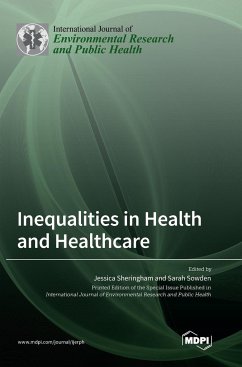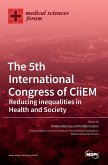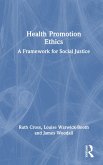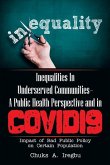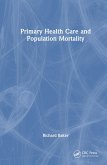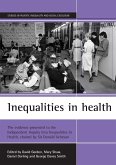Tackling inequalities in health and healthcare is more important than ever. The COVID-19 pandemic starkly illustrated the disproportional impact of the virus on those who already faced disadvantage and discrimination. Moreover, there is evidence that the public health measures taken to contain the virus are likely to have longstanding differential impacts across populations. Numerous studies have documented avoidable differences in health, within and between populations. Similarly, studies have consistently shown inequalities in access, use, experience and outcomes from healthcare and public health programmes. The focus has often been on individual determinants, such as gender, age and ethnicity. Less attention has been paid to structural or contextual determinants, except for area-level socioeconomic conditions. In addition, to tackle inequalities, there is a need to move beyond measuring; to understand why inequalities arise and how they can be addressed. This Special Issue sought to extend the parameters of inequalities research in health and healthcare beyond measuring and documenting inequalities. Reviews, observational studies, and quasi-experimental and other evaluation designs (using quantitative, qualitative or mixed methods), focusing on the following were welcomed: ¿ understanding inequalities across health and care systems; ¿ methodological developments to understand drivers of inequalities; ¿ efforts to reduce inequalities, particularly in evidence-based healthcare or public health policy and practice; ¿ understanding and mitigating the adverse impact of the COVID-19 pandemic on inequalities.
Hinweis: Dieser Artikel kann nur an eine deutsche Lieferadresse ausgeliefert werden.
Hinweis: Dieser Artikel kann nur an eine deutsche Lieferadresse ausgeliefert werden.

